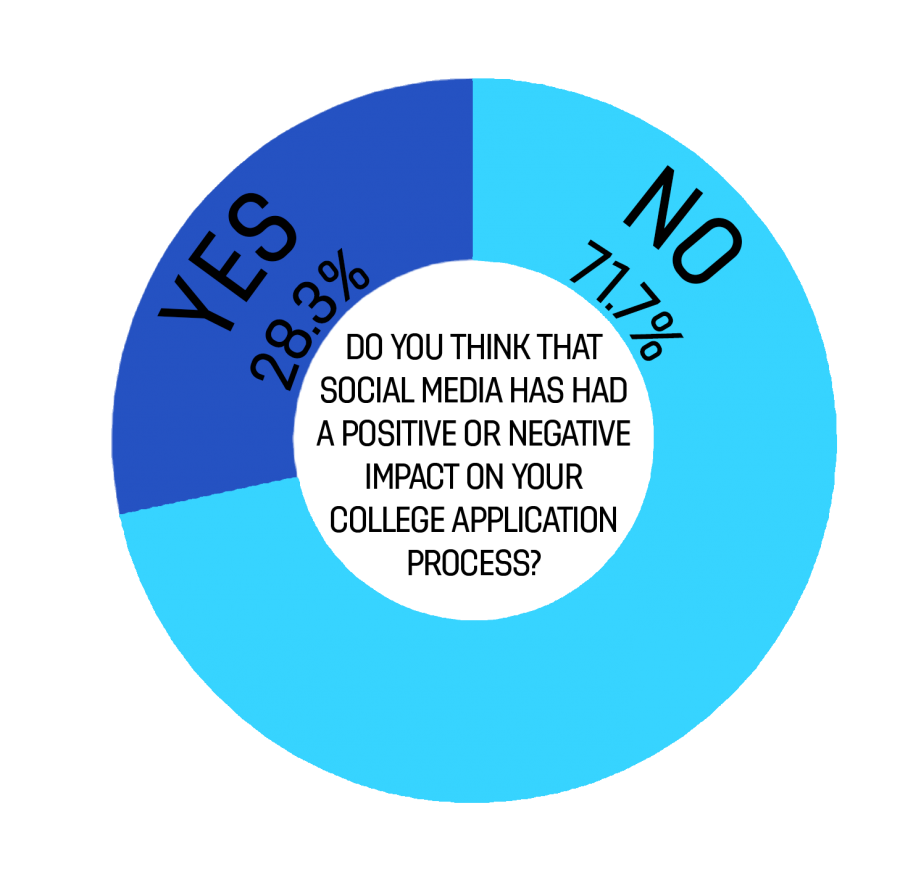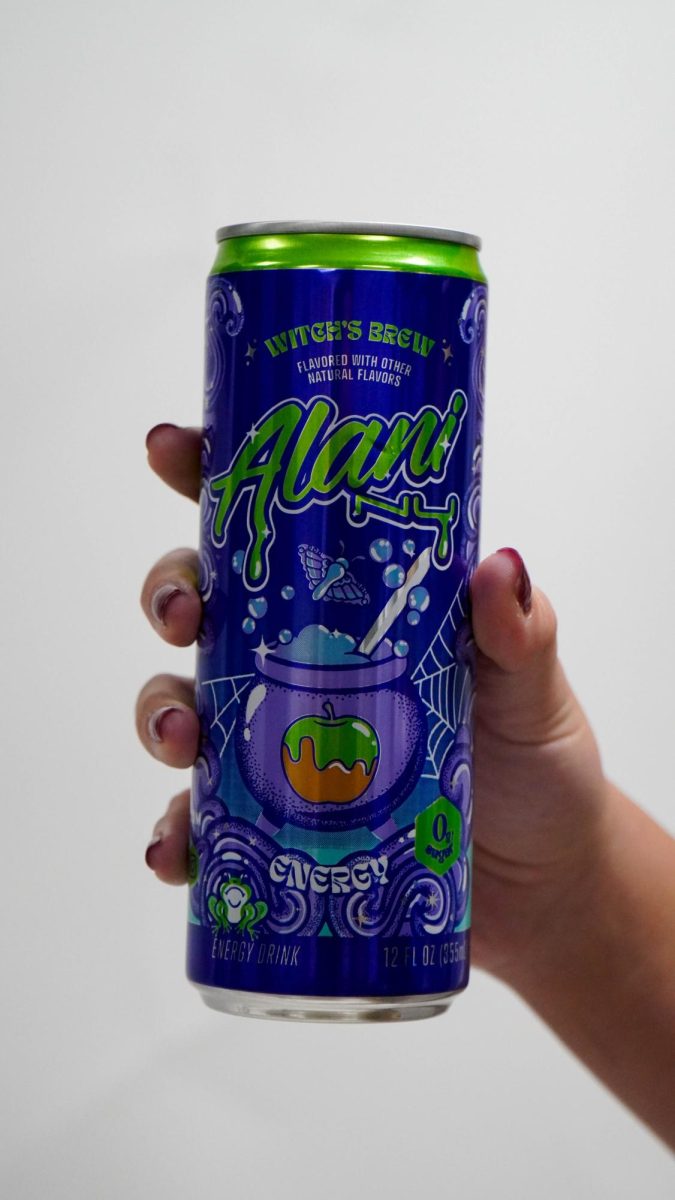Picture this: it’s senior year and you have tirelessly prepared for standardized tests, gone over your resume with a fine-toothed comb, secured the best college recommendation letters and spent hours perfecting your multiple college essays, only to have your acceptance letter from your dream school withdrawn because of a few unwise posts on Instagram.
This may sound like a digital-age horror story that older generations use to denounce social media, but similar occurrences have already taken place at many universities.
Just this past spring, Harvard University withdrew the acceptance letters of 10 students after discovering that the students had a Facebook group in which they shared sexist, racist memes. Having already been accepted, the students were likely unaware of possible repercussions, but nevertheless, social media came back to hurt them. However, this brings up an increasingly prevalent trend among college admissions: a growing number of universities are taking our online presence into account alongside other parts of our applications.
According to a study by Kaplan Test Prep, 35 percent of colleges look at applicants’ social media presences during the admissions process, and it’s easy to understand the colleges’ rationale. With the growing trend of holistic review in admissions, colleges wish to see a complete picture of their applicants to better build their incoming class. By including social media in the process, colleges can observe their applicants outside of perfectly crafted applications to gain a better understanding of who they are and what positive qualities they might bring to campus.
For instance, some colleges have started to permit applicants to submit digital portfolios of their work with their applications, be it online resumes on LinkedIn or other alternative mediums.
“The occasional school will even accept a creative Youtube production in lieu of standardized testing,” Co-Director of College Counseling Lester Johnson said.
Many students include various clubs and activities they participate in on college applications. But upon browsing through LinkedIn profiles and other social media, admissions officers might get a truer sense of a student’s passions.
For instance, if a student posts on social media about his or her community service or other extracurriculars, colleges might take note. Students should definitely feel free to share their accomplishments online.
Additionally, social media provides a less daunting method of communication between high school students and their prospective colleges. Simply connecting with colleges through their Facebook page and “liking” and commenting on their posts are easy ways for students to demonstrate interest.
“One of the biggest reasons I got Facebook was so that I could go out and ‘like’ the college pages of the schools I was applying to because they do look for that,” senior Cameron Ugan said.
And while some colleges value this connection more than others, it never hurts to reach out via social media—given that you do so respectfully and in moderation.
“This often comes into play with colleges comparing two candi- dates who look the same on paper,” Johnson said. “If a student has been in contact with [the school] at least once or twice, then that could be the thing that tips the scale for them over the other applicant who has no points of contact with that school.”
However, it might seem as if admissions officers merely scrutinize applicants’ social media platforms to find a weak spot in their applications, and it’s true that students’ online presences can have a negative bearing on their applications. According to the Kaplan Test Prep study, 42% of colleges that considered social media reported that it hurt students’ chances of being accepted.
But that’s not to say that students should delete their social media accounts because it is better to be safe than sorry. In this world, a lack of a social media presence might raise just as many eyebrows as an inappropriate one. With that, students should not be paranoid, but instead be aware of their actions online and who can view them.
e “Your social media is a way of presentation to the global village, and you want to constantly keep an eye on it and set controls: who has access, what can they post and what are you posting,” Johnson said.
Keep in mind that just because your Instagram is set to “private” doesn’t mean that you have free reign to post whatever you want. In the recent case at Harvard, the students’ Facebook group was private, but word still spread to university officials from other students in their Facebook group.
The bottom line is that social media puts forth a virtual first impression of its users—either good or bad. While admissions officers might not actively be looking for incriminating evidence on your Instagram profile, they could be drawn to it for other, often random, reasons.
“There’s often no science to these [social media checks]—they can often come down to a certain tonality in an essay or in a student’s recommendations,” Johnson said.
At this point in our digital age, nothing is temporary, and what we post can have repercussions years down the line.
“Back in the 1970s, one could go to college and reinvent oneself,” Johnson said. “While there’s still a huge element of that, students do not get a clean slate by any measure, because of all of their youthful years of social media.”
Because of this, it is imperative that students hold themselves accountable for their online presences. While social media holds many benefits, students cannot forget that it only takes one tasteless post to tarnish an excellent application.















